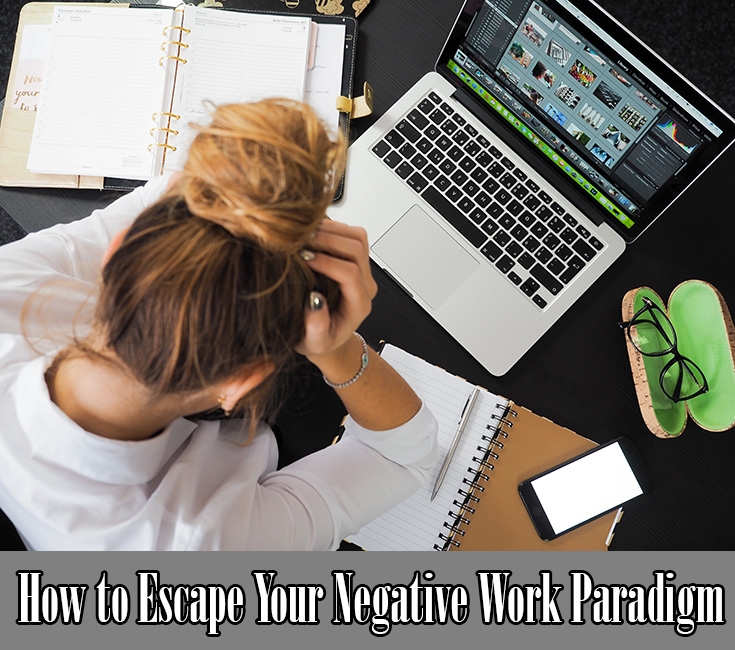Having a miserable job seems to be the norm these days. Not only is this unfortunate, it is unnecessary. Ever since Charles Darwin invented the office chair in the 1800s, people have been confined to their little work bubbles. The invention of computers acted as a catalyst and now far too many people sit at a desk all day, wistfully wondering what could have been. If you know that you have 14,339 days until you reach 63, the average age of retirement, then read on.
How to Not Hate Your Job
First things first, there are many people in the United States who love their job. This isn’t meant to bash the American workforce. Rather, this is a guide to help you become someone who wakes up in the morning, excited to go to the office.
For all the people in the world who love their job, there’s an equal number, or more, who don’t enjoy theirs. In fact, 51% of Americans feel no real connection to their work. Meanwhile, 16% are actively disengaged. A Gallup poll revealed that only two in 10 employees feel like their manager is doing well at encouraging them to do their best work. Don’t worry about not liking your job, you’re definitely not alone. So, what should you do?
#1 Keep Calm and Quiet
It might seem like a good idea to complain about your job with coworkers, but this is a bad idea for two reasons. First, and perhaps most obviously, complaining to the wrong person could come back to bite you. If you are venting to a group of coworkers and one of them happens to tell a manager what you said in this supposedly safe space, you might be out of a job before you find anything else. The second reason complaining is a bad idea involves brain chemistry. Complaining releases cortisol, the ‘stress chemical’. On top of that, the more often you complain, the more your brain is rewired to want to complain. This is a really insidious negative feedback loop that won’t get you anywhere.
#2 Don’t Become Apathetic
Developing an ‘I don’t care’ attitude at work will get you nowhere. Apathy will influence your behavior in ways like reducing initiative, furthering withdrawal, and fostering organizational defficiency. All of these factors influence your job performance. Why do you care? Well, if you ever plan to get out of this situation, you will need good references from your previous employer. Also, once apathy sets in at work, it can spread like a nihilistic plague to other parts of your life. Working hard even in the face of adversity is uncomfortable, to be sure, but it makes a huge difference.
#3 Try Starting a Business
If you are passionate about one thing, you could always try to start your own business. Fear of failure, though cliched, is the only thing holding you back. Besides, there are some major benefits. While only 42% of people working for a private organization see their job as identity-defining, 63% of self-employed individuals see it that way. Entrepreneurs are also generally happier when compared to those working for someone else. This is true globally.
Getting out of a negative employment paradigm can be tricky at the best of times. You might feel a sense of hopelessness every day. This is not fair, but it is the reality. Whether you want to hear it again or not, the cliche’s are your best way out. The key to success in one sentence? Chin up, work hard, and do what you love.



 Most people think of honey primarily as a sweet and flavorful addition to almost any food or drink. While this is completely true, there are also a number of holistic benefits of honey, many involving beauty and skincare. Honey is technically an acid, with a pH between
Most people think of honey primarily as a sweet and flavorful addition to almost any food or drink. While this is completely true, there are also a number of holistic benefits of honey, many involving beauty and skincare. Honey is technically an acid, with a pH between 




